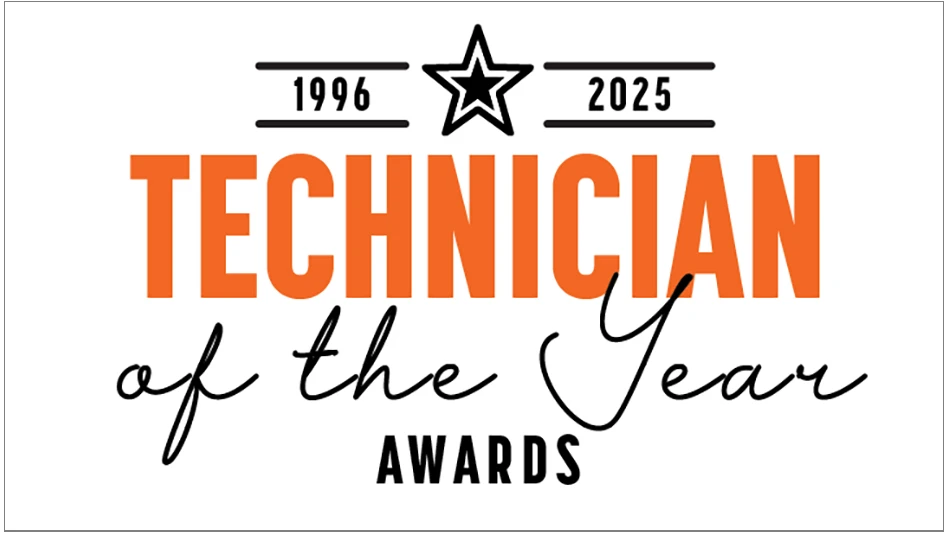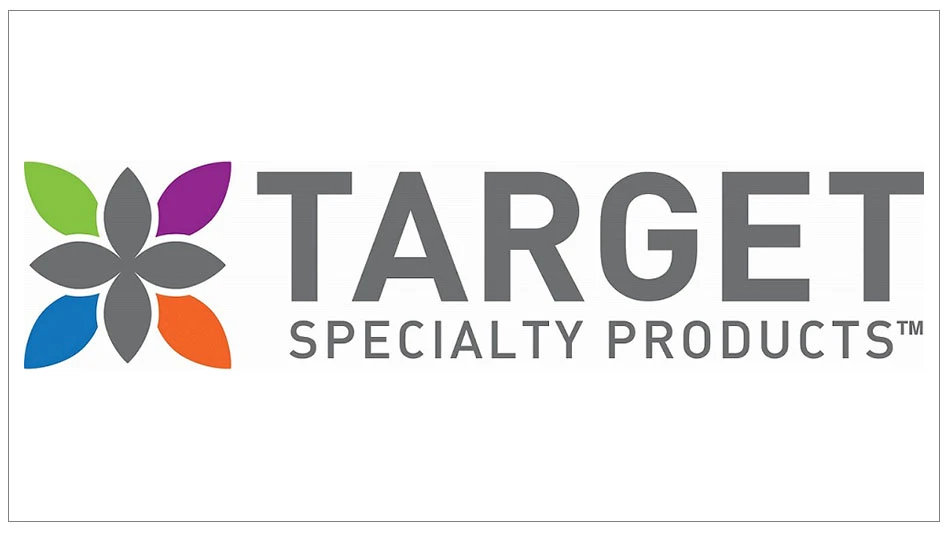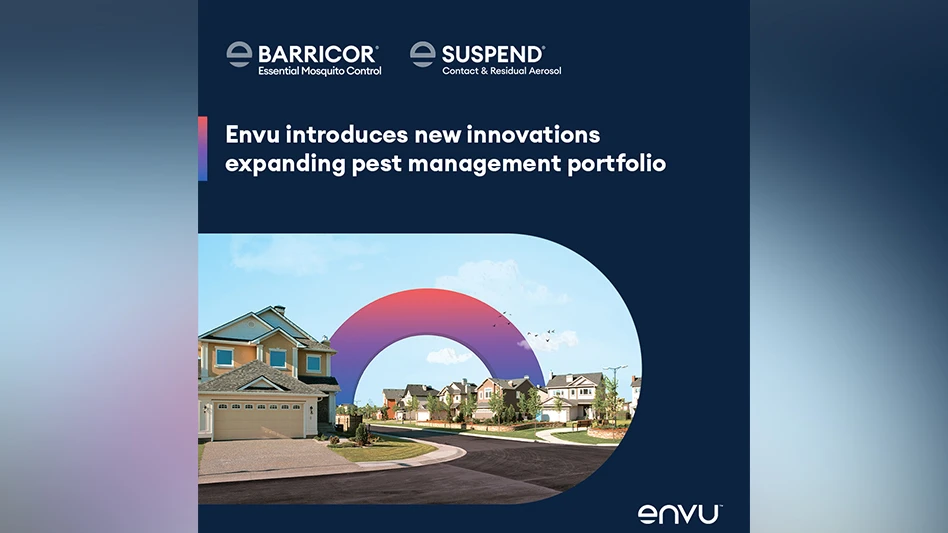 As bed bugs blazed their trail across the United States in recent years, plenty of products making wild claims have come out of the woodwork, targeting consumers directly with promises to eradicate the pests immediately, effectively, safey and more.
As bed bugs blazed their trail across the United States in recent years, plenty of products making wild claims have come out of the woodwork, targeting consumers directly with promises to eradicate the pests immediately, effectively, safey and more.
But recent actions by the Federal Trade Commission (FTC) have sent a powerful message that the federal government will not tolerate chemical manufacturers preying on unsuspecting consumers by making false, misleading or unsupportable claims.
In September, the FTC filed deceptive advertising charges against two companies marketing bed bug remedies with “natural” active ingredients, like cinnamon and cedar oil. FTC says the companies in question failed to back up their respective products’ “overhyped claims” that they would eliminate bed bugs and prevent future infestations.
“The impact is huge,” said Bob Rosenberg, NPMA acting executive vice president. “There’s a long history of companies manufacturing products for sale to consumers that don’t work.”
Bothersome Products. In one of the two cases, RMB Group, a company marketing products with cinnamon, lemongrass, peppermint and clove oils under the “Rest Easy” brand, has agreed to settle the charges for more than $250,000; the second, Cedarcide Industries, which manufactures a line of cedar oil-based products under the name BEST Yet!, is challenging the government’s allegation.
NPMA’s Rosenberg said the pest control industry has dealt with products marketed directly to consumers for many years. But the real trouble with these products is not simply that they don’t work. “(The advertisers) imply that they’re better, safer, cheaper than what we use,” Rosenberg said. “It’s vintage false, deceptive, misleading advertising.”
Another larger problem lies in the fact that when a customer places his or her trust in said products, Rosenberg added, such action can exacerbate an existing pest infestation. “Then it becomes much more costly and more difficult (to control) after they’ve used one of those products,” he said. “They imply that, somehow, one of the toughest jobs in the pest control industry can easily be done by an untrained do-it-yourselfer, and that’s just wrong.”
Addressing the Challenge. Rosenberg said the FTC taking action against the products in question is a huge regulatory step forward for the pest control industry. Active ingredients such as cedar oil are classified by the Environmental Protection Agency as Minimum Risk Pesticides, a select class of active ingredients the agency has deemed “demonstrably safe” for pest control; they are exempt from federal regulation under section 25(b) of the Federal Insecticide, Fungicide and Rodenticide Act, unlike conventional pesticides.
Many of these 25(b) products may effectively kill insects on contact, according to Rosenberg, but the challenge lies in solving a bed bug infestation. Rosenberg cited the challenge of discovering the location of bed bugs (in picture frames, behind electrical plates), as well as locating and killing eggs.
Rosenberg said that he would like to see EPA regulate 25(b) products that make public health claims like controlling bed bug infestations the same as conventional pesticides. “Consumers and PMPs deserve to know whether the products they are buying will, in fact, get the job done,” he said.
“These guys are free to make claims that are utterly outlandish and unsupportable,” he added. “Finally the FTC came in and said, enough is enough, and finally took an enforcement action.”
The author is associate editor of PCT magazine. Email him at bdelaney@gie media.com.

Explore the December 2012 Issue
Check out more from this issue and find your next story to read.
Latest from Pest Control Technology
- How to Get Rid of Odorous House Ants
- Massey Services Promotes Herndon to Director of Sales for Multi-Family Division
- NPMA Announces First Recipients of NPMA PRO Certified Credential
- Pestmaster of the Hudson Valley Acquires Catskill Animal Damage Control
- Photo Slideshow: Ant Identification Tips
- Video: Top 10 PCT Photo Contest Finalists
- UF/IFAS Study Reveals Boats as Perfect Vessels for Global Termite Spread
- Pest Control Consultants (Iowa) Earns Pinnacle Performance Award





